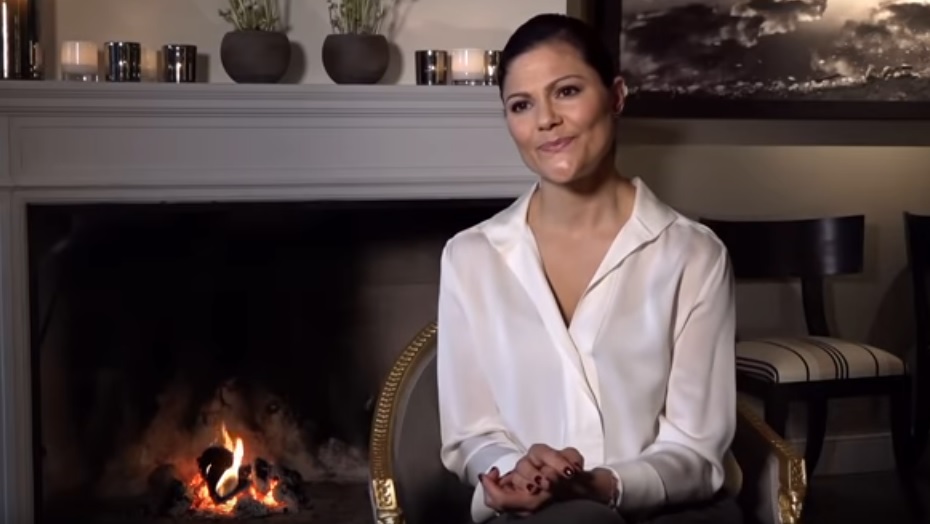Crown Princess Victoria and Prince Daniel attended the launch of the Pep Report on Wednesday in Stockholm, which saw the results of a survey of 11,000 young people in Sweden – questioning their physical activity and approach to health – published.
“Generation Pep works to ensure that all children and young people in Sweden have the opportunity and the desire to live an active and healthy life,” according to its official website.
Crown Princess Victoria and Prince Daniel founded Generation Pep in July 2016 as a way to encourage a healthier lifestyle in Sweden’s young people and have since championed its initiatives.
The report compiles the results of 11,000 children surveyed between the ages of four to 17-years-old, along with their guardians to see “how the children move, what they eat and how factors around it are connected with living habits.”
The major findings of the Pep Report are as follows:
- A larger proportion of respondents said they do 60 minutes of physical activity per day.
- Most respondents participate in organised physical activity, but it’s dependent on socioeconomic factors and participation drops off after the children turn ten.
- Children know they should eat well, but few are doing so. “Only four out of ten children have indicated that they eat vegetables every day and two-thirds say they usually or almost always eat white bread.”
- The majority of respondents say that they spend three or more hours each day sitting in front of a screen outside class time.
- Only four out of ten young people say that they participate in physical activity outside of school, but it varies greatly by age group.
- Young people need adult role models to emulate healthy behaviour. “Children of active parents move more themselves, and children who eat dinner with adults receive more vegetables and fish.”
The Pep Report finds that:
“Children and young people in Sweden today move too little and often eat too little… Because there are so few children and young people who meet the recommendations when it comes to food and physical activity, the problems are not something that only concerns a particular group in society, but they are relevant to all of us. At the same time, we see that children who grow up under different socio-economic conditions have different opportunities to be physically active and eat healthily and in the adult population this is reflected in differences in the incidence of several serious diseases and in life expectancy.”
As for a way to move forward, Generation Pep writes that:
“The challenges are too big not to be taken seriously…but the development can be reversed. To succeed, we believe that the required direction and clear level of ambition from the national level, supported by the UN global goal. Several countries have adopted clear national frameworks and strategies, but those clear common guidelines are still lacking in Sweden. Many studies have made to investigate what are effective efforts to promote healthy behaviours and there are evidence-based measures to use within maternity care, child health care, preschool, school, association life, business and industry through political instruments. With clear coordination and prioritization of the issue, we have good hope of seeing a positive development in the coming years’ reports.”
Featured image: Crown Princess Victoria of Sweden (NordenBladet)
